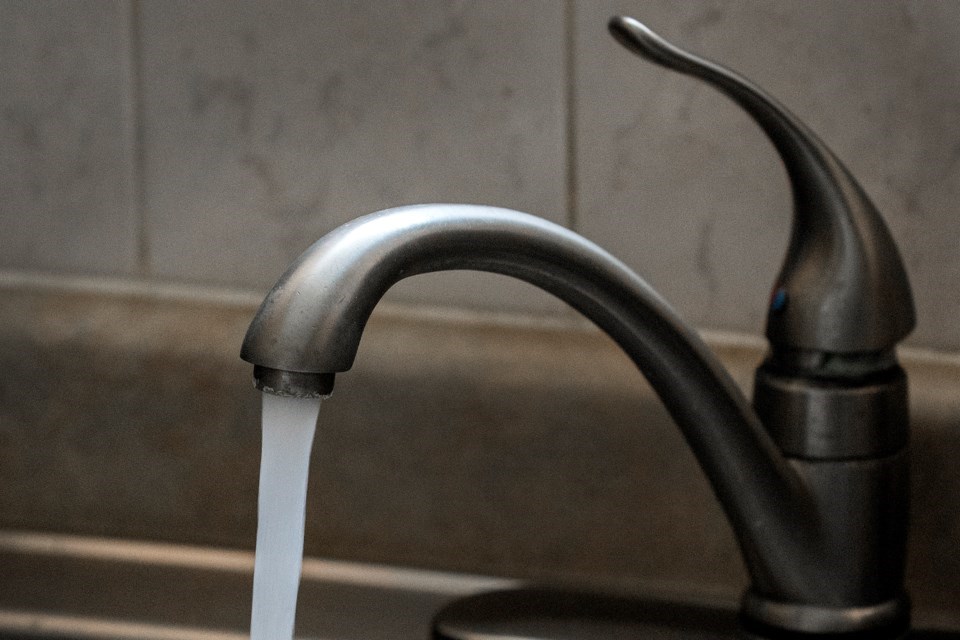In line with EPCOR's expected water plant repair timeline, the City of St. Albert says its own water demand management measures will remain in effect until at least Sunday.
The city enacted the water demand measures on Monday afternoon, immediately following EPCOR's announcement of a mandatory ban on non-essential water use for Edmonton region residents and businesses, including those in St. Albert.
A public service announcement made by the city this morning says non-essential water use by city staff will be halted for the rest of the week, which means outdoor rinks are temporarily closed; hydrant flushing has stopped; and city vehicles including buses won't be washed. However, indoor rinks and pools will remain open.
“Since water demand measures went into effect yesterday, St. Albert’s water usage has reduced by approximately 20 per cent of a typical January day,” the announcement reads. “Efforts by St. Albertans to curb water usage, in conjunction with the rest of the region, have been successful and these efforts continue to be very much appreciated.”
“The city continues to closely monitor the situation and will provide an update if the water demand management condition changes.”
The announcement also says residents can reduce water usage by only running dishwashers and washing machines when the loads are full; not washing vehicles; and avoiding water use during hours, which are 6 a.m. to 9 a.m. and 6 p.m. to 9 p.m..
On Tuesday afternoon EPCOR announced that the repairs in question are on the E.L. Smith Water Treatment Plant's “electrical feed system,” which powers distribution pumps, which in turn power water distribution to the region's water reservoir system. This electrical feed system failed in the early morning hours on Monday, prompting the company to put in place a mandatory ban on non-essential water use.
Craig Bonneville, EPCOR's director of engineering and technical services, told media on Tuesday afternoon the region's water consumption fell from 370 million litres of water on Monday to 340 million litres today, as a result of residents and businesses limiting water use.
“The majority of businesses have complied with our non-essential use ban; however, we have received reports of businesses that continue to use water for non-essential purposes, and we will begin enforcing the ban by advising these businesses to comply or risk having their water turned off,” Bonneville said, adding the 30 million litre reduction is likely enough to not require further water use reductions.
“We appreciate the tremendous effort that large customers and our regional municipalities have undertaken to reduce their water consumption and it has helped us in our restoration of services.”
Bonneville also said the company plans to take on a thorough investigation of what caused the E.L. Smith treatment plant to fail, noting the plant is nearly 50 years old.
“We know what failed and the matter of which, but we're still investigating the exact cause of it,” he said. “With all of our assets we've got preventative and proactive maintenance programs and inspection programs to determine their condition.”
“The E.L. Smith water treatment plant is approximately 50 years old, so we do invest in that facility continuously to ensure that it is reliable.”




